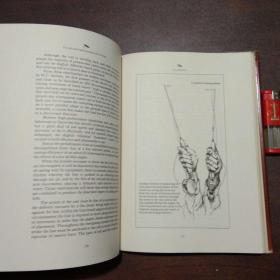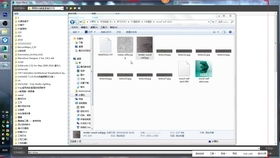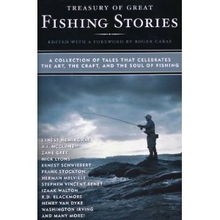Content:
Fishing, an age-old pastime, has been captivating enthusiasts for centuries. Whether you're a seasoned angler or a beginner looking to cast your line into the water, there are several techniques and tips that can help you improve your fishing skills. In this article, we will delve into the world of fishing, exploring various methods and strategies to help you become a more successful angler.
Choosing the Right Equipment
Before you can start fishing, it's essential to have the right equipment. Here's a breakdown of the key components you'll need:
Rod and Reel: The rod and reel combination is the backbone of your fishing setup. Choose a rod that matches the type of fish you're targeting and the kind of fishing you'll be doing. Spinning rods are great for beginners, while baitcasting rods are more suitable for experienced anglers.
Line: The type of line you use depends on the fish you're after and the conditions of the water. Monofilament line is versatile and durable, while fluorocarbon line is nearly invisible underwater and offers better sensitivity.
Hooks: The size and type of hook you use should match the bait you're offering and the size of the fish you're targeting. Jigs, lures, and live bait can all be effective depending on the situation.
Bait: Live bait, such as worms, minnows, or crickets, can be very effective. Artificial lures, like spinners and crankbaits, can also entice fish to bite.

Understanding the Fish
To be a successful angler, you need to understand the habits and preferences of the fish you're trying to catch. Here are some key points to consider:
Habitat: Fish tend to stay in areas where they can find food and protection. Look for structures like rocks, logs, and weed beds, as these are often hotspots for fish.
Feeding Patterns: Fish are most active during certain times of the day, such as early morning or evening. Observe the behavior of the fish and adjust your tactics accordingly.
Water Temperature: Water temperature affects fish metabolism and feeding patterns. Cold water fish, like trout, are more active in cooler temperatures, while warm water fish, like bass, thrive in warmer conditions.
Fishing Techniques
Now that you have the right equipment and an understanding of the fish, it's time to learn some fishing techniques:
Cast: Practice your casting technique to ensure you can accurately place your bait in the desired location. There are various casting techniques, such as the overhead cast, sidearm cast, and roll cast, each with its own advantages.
Trolling: Trolling involves dragging a lure or bait behind a moving boat. This technique is effective for covering a lot of water and can be used in both freshwater and saltwater environments.
Still Fishing: This method involves casting your line and letting it sit still. It's a great way to fish in calm waters or when the fish are less active.
Fly Fishing: Fly fishing is a unique technique that involves casting a weighted fly line and using a fly rod. It requires precision and practice but can be incredibly rewarding.
Additional Tips
Here are some additional tips to help you improve your fishing skills:
Patience: Fishing is a waiting game. Be patient and don't get discouraged if you don't catch anything right away.
Safety: Always prioritize safety, especially when fishing in unfamiliar waters or from a boat. Wear a life jacket and be aware of your surroundings.
Conservation: Be mindful of the environment and practice catch-and-release if the fish you catch is too small or not legal to keep.
Learning from Others: Don't hesitate to ask for advice from more experienced anglers. They can provide valuable insights and tips.
Practice: Like any skill, fishing improves with practice. Spend time on the water and experiment with different techniques to find what works best for you.
By following these techniques and tips, you'll be well on your way to becoming a more skilled and successful angler. Whether you're targeting largemouth bass, trout, or marlin, the joy of fishing lies in the experience itself. Happy fishing!












